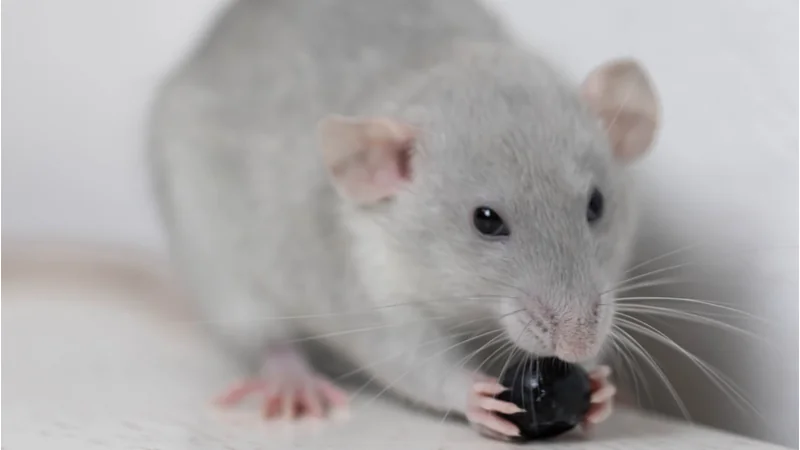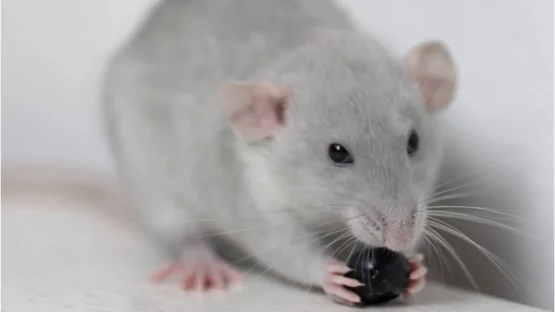A study published in Oxidative Medicine and Cellular Longevity has shown how blueberry extract moderately improves several age-related biomarkers in the livers of aging male rats.
Rich in polyphenols
In their introduction, the researchers describe polyphenols, a broad category of plant compounds that includes flavonoids. Specifically, blueberries are rich in anthocyanins, a group of polyphenols that has been reported to have positive effects in previous studies, including a rat study that focused on the brain [1]. However, the authors note that blueberry extract’s effects on the liver not been thoroughly analyzed.
Interestingly, this study does not attempt to identify the individual compounds responsible for any effects. Instead, the researchers simply used well-known extraction processes to refine blueberries, administering this extract at 200 milligrams per kilogram of bodyweight. The young rats were 6 months old, and the aged rats were 24 months old. Blueberry extract was orally administered for four weeks, after which the rats were euthanized and their livers examined.
Multiple positive effects
Blueberry extract had a statistically significant but very limited effect on bodyweight. Rats tend to grow larger as they age, but rats given blueberry extract lost a slight amount of weight by the end of the study rather than the gain of the aged control group.
Two enzymes commonly found in the liver, alanine transaminase (ALT), and aspartate transaminase (AST), are often used to indicate liver damage. Both of these enzymes were significantly decreased in the blueberry extract group compared to other aged rats, with AST being more affected than ALT.
In the serum of rats, insulin, cholesterol, and triglycerides increase with advancing age, while Vitamin D and blood glucose decrease. Blueberry extract restored all of these, approximately halfway to youthful levels. Three measurements of inflammation, NF-κB, TNF-α, and IL-6, were also restored halfway to youthful levels.
Measurements of antioxidant enzyme activity were analyzed. For every antioxidant in which aged and young rats significantly differed, blueberry extract significantly increased its level. In many cases, the level of an antioxidant was increased almost exactly to that of young rats.
Conclusion
While this is a preliminary rat study that makes no effort to determine any biochemical effects of the various polyphenols and other compounds in blueberry extract, its significant results warrant further exploration. Finding and analyzing the exact root causes of the myriad of positive effects seen in this study may offer potential breakthroughs in ameliorating liver-related diseases.
Literature
[1] Papandreou, M. A., Dimakopoulou, A., Linardaki, Z. I., Cordopatis, P., Klimis-Zacas, D., Margarity, M., & Lamari, F. N. (2009). Effect of a polyphenol-rich wild blueberry extract on cognitive performance of mice, brain antioxidant markers and acetylcholinesterase activity. Behavioural brain research, 198(2), 352-358.


